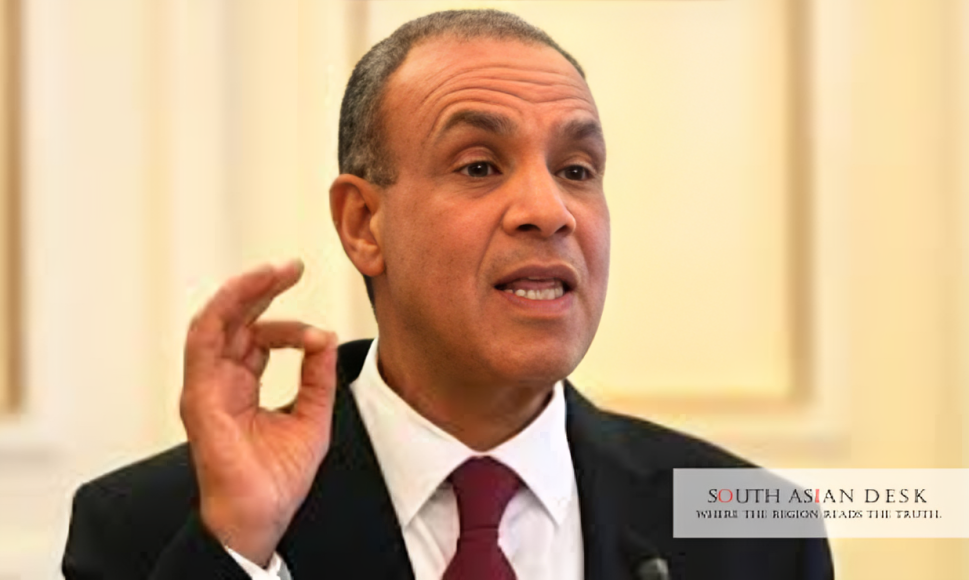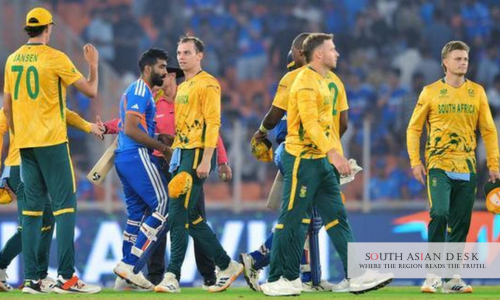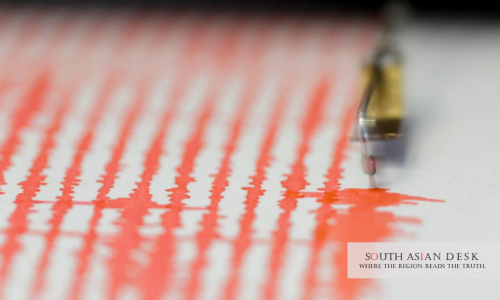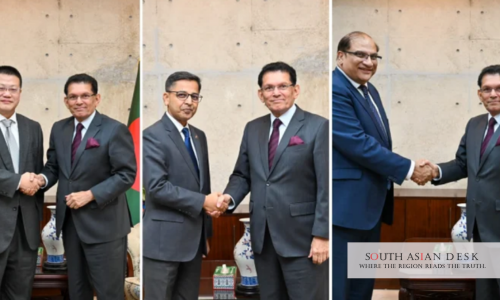Egyptian Foreign Minister Badr Abdelatty stated on Friday, October 17, 2025, in New Delhi that resolving the Palestine issue is essential for advancing the India-Middle East-Europe Economic Corridor (IMEEC), during his two-day visit for the inaugural India-Egypt Strategic Dialogue. The story matters in South Asia as IMEEC positions India as a pivotal hub in global trade routes, potentially boosting regional economies by countering China’s Belt and Road Initiative and enhancing connectivity for South Asian nations.
Badr Abdelatty IMEEC Comments
Egyptian Foreign Minister Badr Abdelatty emphasised that the India Middle East corridor Palestinian issue must be addressed to ensure the project’s viability. He made these remarks after bilateral talks with Indian External Affairs Minister S Jaishankar and a meeting with Prime Minister Narendra Modi. Abdelatty highlighted that escalation in the region since October 2023 has stalled progress on IMEEC, a U.S.-backed initiative announced at the G20 summit in New Delhi in September 2023.
The corridor aims to connect India to Europe via sea and rail through the United Arab Emirates, Saudi Arabia, Jordan and Israel. Abdelatty noted Egypt’s interest in joining IMEEC, given its strategic location, but stressed a conducive environment is required. He said: “We are open to joining any connectivity projects but we have to bear in mind that connectivity is very important as part of a final settlement of the Palestinian cause.”
Abdelatty pointed out economic impacts from regional instability. Egypt has lost over $9 billion due to Houthi attacks on Red Sea shipping since late 2023, in solidarity with Palestinians. Suez Canal traffic has dropped by at least 60%, from 75 ships daily to a maximum of 50. These disruptions underline how the India Middle East corridor Palestinian issue affects global trade flows.
India Middle East Corridor Palestinian Issue
The IMEEC project stalled after Hamas’s October 7, 2023 attack on Israel and subsequent Gaza conflict, which has claimed nearly 70000 lives, including 1150 Israelis and 68000 Palestinians, with 20000 children among them. Abdelatty asserted that normalisation between Israel and Arab states cannot proceed without resolving the core conflict. He stated: “You cannot talk about normalisation without solving the core of the conflict in the region, which is the Palestinian question.”
India has maintained support for a two-state solution. Jaishankar reiterated this during talks, noting India’s $120 million in development aid to Palestine over the years and an upcoming $2.5 million disbursement to UNRWA. Abdelatty praised India’s stance and invited Modi to the recent Sharm el-Sheikh Peace Summit, where a U.S.-backed Gaza peace plan was signed by Egypt, the U.S., Qatar and Turkiye. Modi could not attend due to short notice; India sent Minister of State Kirti Vardhan Singh.
The plan includes a ceasefire, hostage-prisoner exchanges and steps toward a Palestinian state encompassing Gaza and the West Bank. Next steps involve a UN Security Council resolution for an International Stabilisation Force and a 15-member Palestinian administrative committee for transitional governance. Abdelatty sees India and the U.S. as key guarantors for implementation.
Background
Egypt and India elevated ties to a strategic partnership in 2023 during Modi’s Cairo visit. Bilateral trade stands at $5 billion, with potential to double in sectors like chemicals, pharmaceuticals, AI and renewables. Abdelatty proposed an Indian industrial zone in the Suez Canal Economic Zone, similar to those for China and Russia, offering access to markets of over 2 billion people via free trade agreements.
IMEEC serves as a counter to China’s Belt and Road, promising faster trade and lower costs. A framework agreement between India and UAE was signed in 2024. However, ongoing tensions, including Houthi actions, have diverted shipping, costing Egypt dearly.
India has provided humanitarian aid to Palestine, including 30 tons of medicines and food in October 2024. Egypt’s position aligns with broader Arab calls for Palestinian statehood, as echoed in Abdelatty’s UNGA address on September 27, 2025, warning of Middle East implosion.
What’s Next
Implementation of the Gaza peace plan hinges on UNSC action and stakeholder cooperation. Abdelatty plans meetings with Indian firms to boost investments. Progress could revive IMEEC talks, with Egypt positioning as a key node.
Advancing the Egypt FM IMEEC Palestine resolution remains critical to unlocking the corridor’s potential and fostering regional stability.
Published in SouthAsianDesk, October 18th, 2025
Follow SouthAsianDesk on X, Instagram, and Facebook for insights on business and current affairs from across South Asia.






